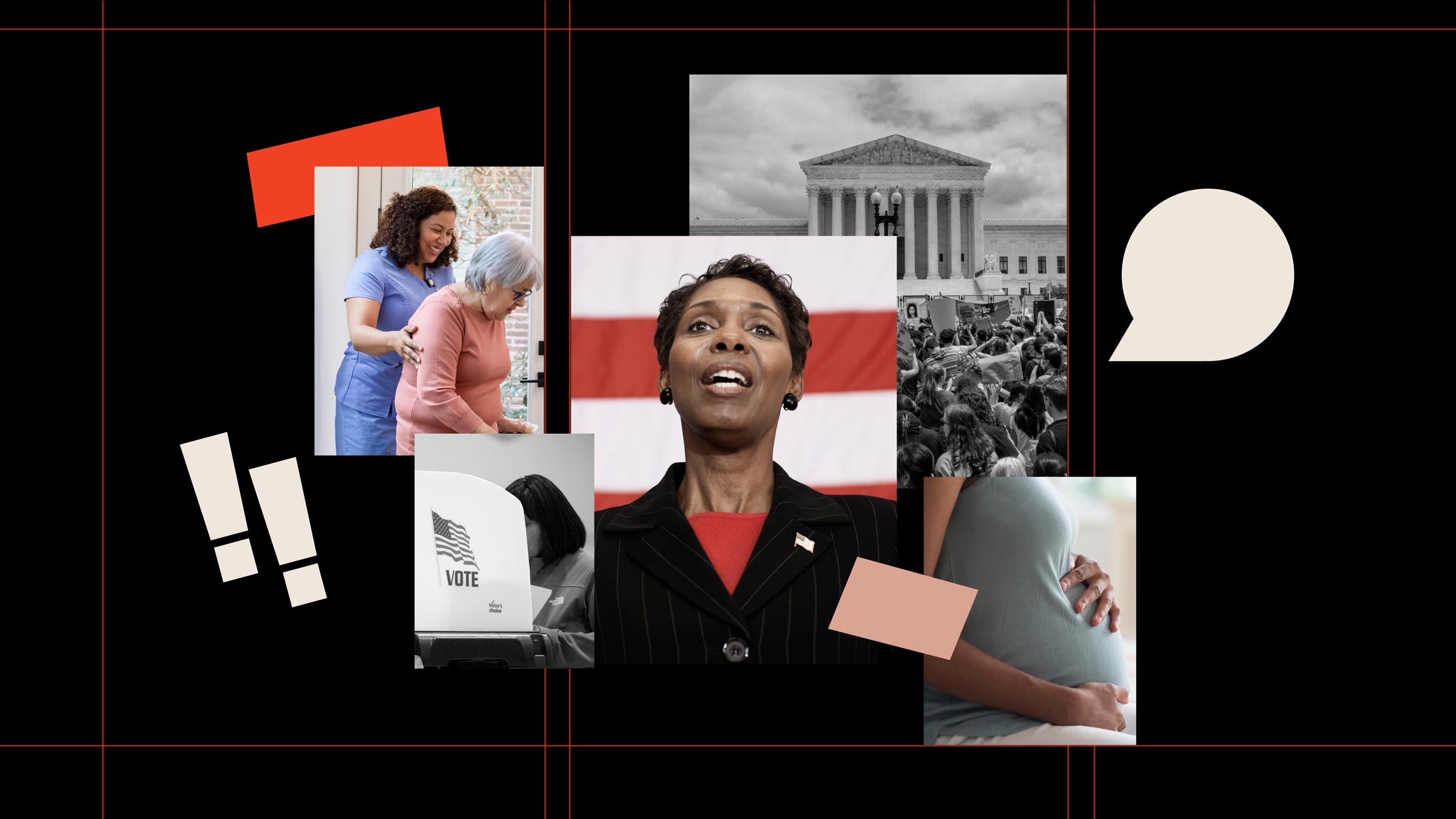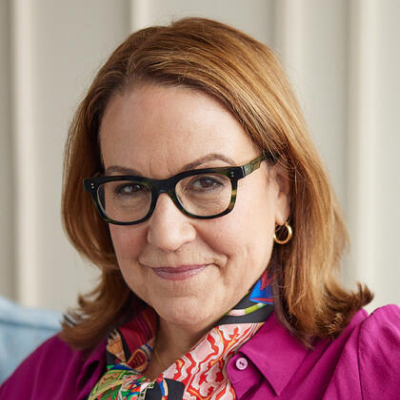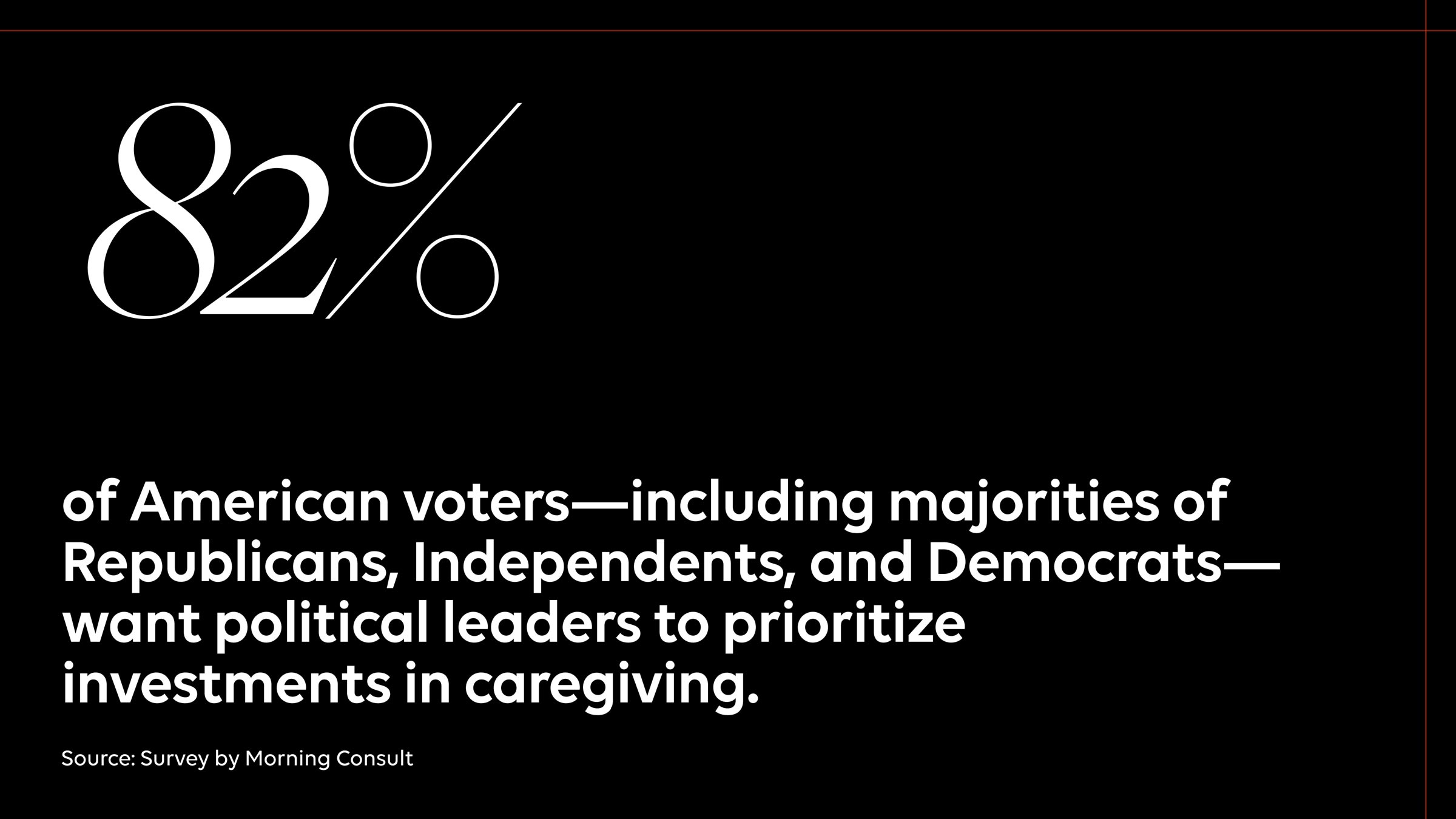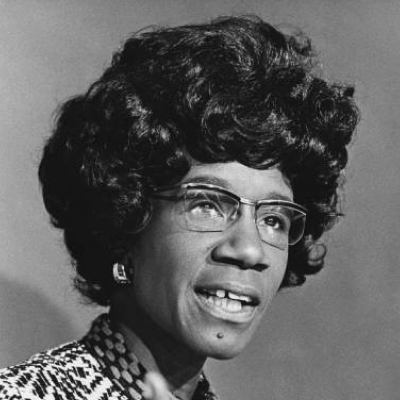
Images by Brandon Bell, SDI Productions, JGI/Tom Grill, Xinhua News Agency, Hill Street Studios via Getty
From the Ballot Box to Elected Office, Women's Political Participation Matters
It’s been 104 years since women first won the right to vote in the United States—just under 60 years for women of color—and in that relatively short time, we’ve transformed American democracy. But not nearly enough.
For one thing, women still hold less than one third of elected offices at the state and national levels, when, to state the obvious, we make up half the population. And although women have considerably narrowed the political donor gap, it’s still there. Thanks to the courage and brilliance of many women who came before us, our voice is represented, but it isn’t equally represented. Not yet.
During my time as a U.S. ambassador to the United Nations, and as a senior advisor to political leaders, I saw firsthand how decision-making changes for the better when women are at the table. With all the critical decisions facing our country in the months and years ahead, we desperately need the perspectives and leadership of women of all backgrounds—as elected officials, policymakers, donors, voters, activists, and advocates. Women need to be at every single table where decisions are made.
"With all the critical decisions facing our country in the months and years ahead, we desperately need the leadership and perspective of women of all backgrounds as elected officials, policymakers, donors, voters, activists, and advocates."

Women leaders tend to bring much-needed attention to a critical set of issues that male-dominated politics haven’t sufficiently addressed, like access to health care and support for caregivers. Finding solutions for these issues won't only benefit women; it’ll strengthen families, communities, and the economy, too.
Access to reproductive healthcare, for example, is front of mind for many Americans right now. When people can decide if, when, and how they have children, they gain the power to make many other decisions that help themselves and their families. For years, women across the country have made crystal clear how much having power over our own bodies and lives matters to us and our families.
The caregiving crisis is another example of a critical issue that women have brought to the fore. 82% of American voters—including majorities of Republicans, Independents, and Democrats—want political leaders to prioritize investments in caregiving, according to a recent survey. That’s because families know how important it is and how challenging it can be to care for loved ones.

However, the issue just hasn’t been on the political agenda in a big way, until now. When it comes to childcare, for example, Pivotal Ventures backs groups that are working to increase advocacy and investments for caregivers at both the state (Community Change Action) and national (First Five Action) level. Women and their allies are leading this movement, because women have traditionally been responsible for most of the caregiving in their families.
Consider recent progress on paid leave. At some point almost everyone who works will need time away from their job to take care of themselves or a new child, an aging parent, or a sick relative. When that time comes, people shouldn’t have to choose between financial security and the wellbeing of their families. And in a country like ours that doesn’t guarantee paid leave, workers and employers, especially small businesses, suffer the consequences.
That’s why Pivotal Ventures supports efforts like Paid Leave for All Action, which brings together advocates and leaders to raise public awareness and wage a broad-based campaign to pass paid leave. Thanks to their work, and the efforts of champions in Congress, there’s been a surge in energy around passing a comprehensive, inclusive federal paid family and medical leave program.
I often think about a quote from Shirley Chisholm—the first Black woman elected to Congress in 1968—who said: “If they don’t give you a seat at the table, bring a folding chair.”
"If they don’t give you a seat at the table, bring a folding chair."

Political participation doesn’t look the same for everyone. Sometimes, being at the table means getting involved in electoral politics. That’s why Pivotal Ventures supports organizations that train women, especially women of color, to overcome barriers to running, winning, and leading in elected office. For example, Advance Native Political Leadership is building a pipeline of Native women in politics for candidates. And Sister District works with state legislators to help them get more done while they’re in office.
But today’s politics require widespread collective civic engagement beyond electoral politics. That’s where the folding chairs come in. Whether we’re volunteering our time, donating our resources, or using our voices, women of all backgrounds need to be in spaces where we can advocate for our rights, for our communities, and for efforts to advance social progress.
To any woman who’s new to political engagement or who wants to get more involved, I encourage you to take action and shake up the system. You can help build a democracy that represents all Americans. And if you’re already at the table, bring others with you. Because when we use our power to transform our democracy, our country will work a lot better for everyone. And that’s what matters most.
Sign up to receive the latest news about our work.






















